Halfords and Pepco, which owns Poundland, have both reported quarterly sales growth despite ongoing challenges presented by the pandemic.
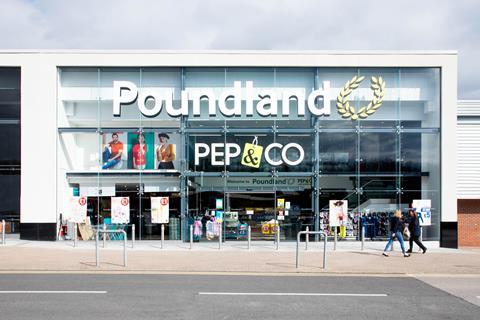
Halfords’ group sales rose 2.7% year on year in the 13 weeks to December 31, 2021, and climbed 13.9% on a two-year basis. Like-for-like sales dipped 2.2% compared with the same period last year.
The cycling and motoring specialist said retail revenues fell 8.5% compared with the same quarter in 2020 and were down 1.8% compared with pre-pandemic levels. On a like-for-like basis, retail sales dropped 5.3% year on year.
Halfords attributed the decline to a 15% drop in footfall during December as the Omicron Covid-19 variant spread throughout the UK.
Online sales rocketed 71% in the golden quarter, while bike sales were up 20% compared with pre-pandemic levels. Sales of e-bikes more than doubled in comparison to 2019 golden-quarter figures.
Halfords’ group performance was buoyed by its Autocentre division, which posted a 48.1% jump in total sales compared with the same period last year. This also marked a surge of 90.2% compared with pre-pandemic levels.
The retailer said the gains were spurred by increased brand awareness, following investment in digital platforms.
Poundland owner Pepco reported group revenue growth of 12% year on year during the quarter ending December 31, 2021, despite “supply chain and demand challenges presented by Covid”.
The discount group, which owns Poundland in the UK and the Pepco and Dealz fascias in Europe, posted like-for-like sales growth of 0.7% in the quarter compared with the same period last year.
Poundland grew at the quicker rate of 1.5% during the period, which the retailer attributed to its broader clothing and general merchandise offer and the rollout of chilled and frozen-food propositions to a further 52 stores in the quarter.
It also renegotiated store leases during the period, reducing its rental obligations by an average of 22%.
The Pepco group registered its strongest-ever quarter for store openings, launching 161 new locations: 146 Pepco shops and 15 Dealz outlets.
The discount retailer described ongoing coronavirus restrictions in central Europe as having “a significant impact on the level of customer footfall” but said it remained on course to achieve its existing full-year profit guidance.
Chief executive Andy Bond, who is stepping down from the role in March, said: “It is particularly pleasing that, despite the supply chain and demand challenges presented by Covid, which impacted trading across the peak season, the strength of the consumer proposition of all three of our brands ensured that we delivered a resilient trading performance.
“We believe that the supply chain pressures that impacted our first quarter will now subside. However, given the broader inflationary pressures faced by our core consumer, we are committed to supporting them by preserving the majority of our existing price points and therefore strengthening our price leadership position.”
- Card Factory, meanwhile, issued a trading update covering the 11 months to December 31, 2021. The greetings card specialist raked in sales of £337.3m, a performance that was ahead of expectations but 20.5% down on pre-pandemic levels. Sales achieved through its stores fell 0.8% year on year and 5.4% on a two-year basis to £310m. During the crucial month of December, store like-for-like sales slipped 1.4% compared with the same month in 2019.
- Don’t miss the best of the week – sign up to receive the Editor’s Choice every Friday






















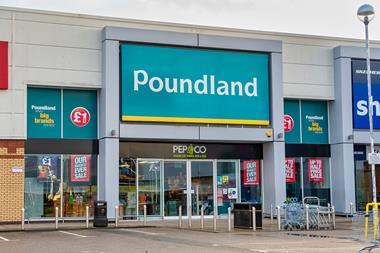
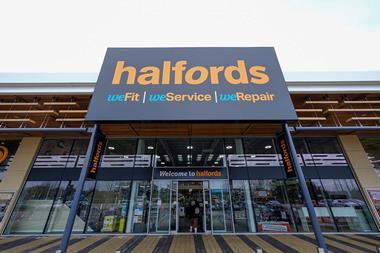
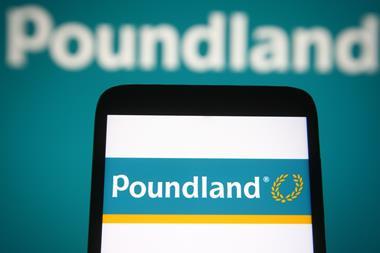
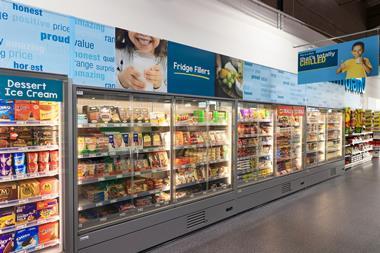

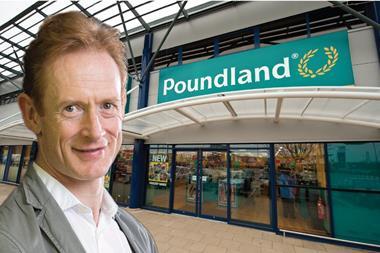
No comments yet